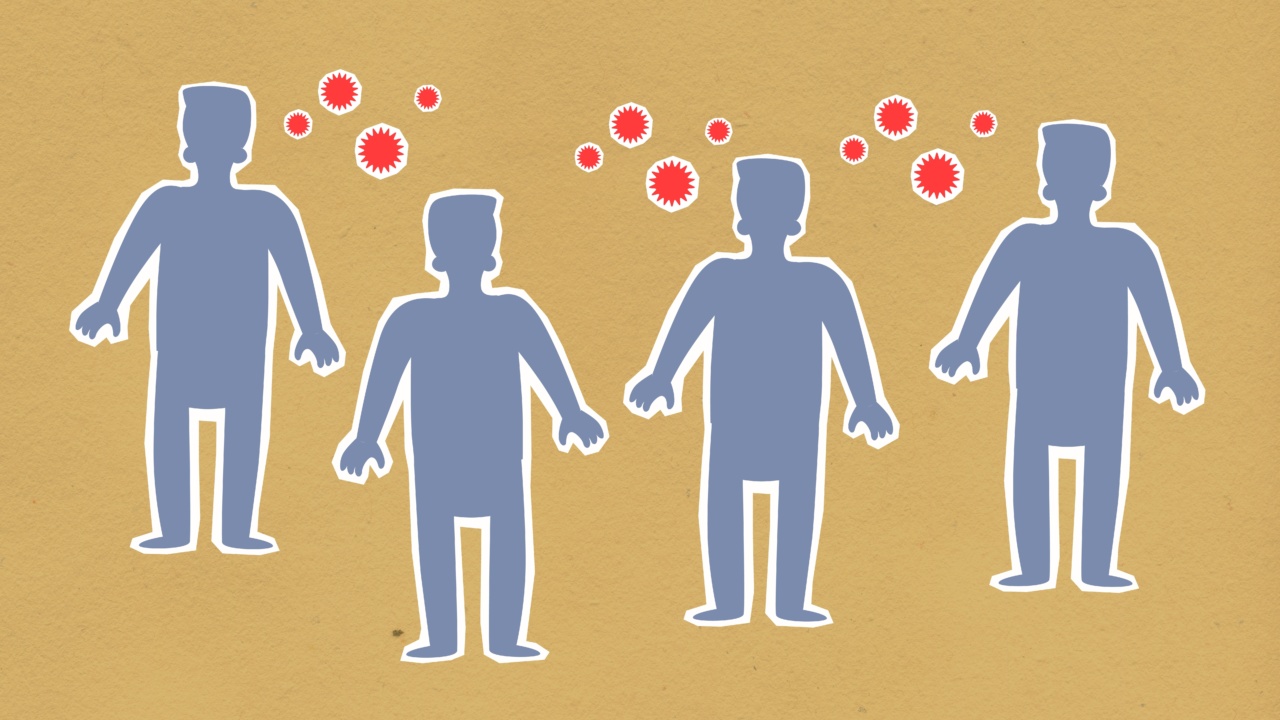The kidneys are vital organs that play a crucial role in maintaining the overall health and well-being of an individual. Unfortunately, they can be susceptible to various diseases and conditions that can significantly impair their functioning.
In this article, we will discuss some of the major diseases that attack the kidneys, their causes, symptoms, and treatment options.
1. Chronic Kidney Disease
Chronic Kidney Disease (CKD) is a long-term condition characterized by the gradual loss of kidney function. It can be caused by various factors such as high blood pressure, diabetes, autoimmune diseases, and genetic disorders.
The progression of CKD can lead to kidney failure, requiring dialysis or kidney transplant as the only treatment options.
2. Kidney Stones
Kidney stones are hard deposits that form in the kidneys and can cause severe pain and discomfort. They are typically made up of various substances like calcium, oxalate, uric acid, or cysteine.
The formation of kidney stones can be influenced by factors such as dehydration, certain medications, dietary habits, and underlying medical conditions. Treatment may involve medication, lifestyle modifications, or surgical intervention in severe cases.
3. Urinary Tract Infections (UTIs)
Urinary Tract Infections occur when bacteria enter the urinary tract and infect the kidneys. Common symptoms of UTIs include frequent urination, a burning sensation during urination, cloudy or bloody urine, and lower abdominal pain.
UTIs are more common in women than men and can be treated with antibiotics.
4. Polycystic Kidney Disease
Polycystic Kidney Disease (PKD) is an inherited condition characterized by the growth of numerous fluid-filled cysts in the kidneys. Over time, these cysts can enlarge and disrupt the normal functioning of the kidneys.
PKD can lead to complications such as high blood pressure, urinary tract infections, kidney stones, and kidney failure. Treatment options for PKD focus on managing symptoms and preventing complications.
5. Glomerulonephritis
Glomerulonephritis is a group of diseases that cause inflammation and damage to the kidneys’ glomeruli, which are responsible for filtering waste and excess fluids from the blood.
It can be caused by infections, immune system disorders, or certain medications. Symptoms may include blood in the urine, foamy urine, swelling in the legs or face, and high blood pressure. Treatment depends on the underlying cause and may involve medications to reduce inflammation and control blood pressure.
6. Acute Kidney Injury
Acute Kidney Injury (AKI), also known as acute renal failure, occurs when the kidneys suddenly lose their ability to function properly. It can be caused by severe infections, dehydration, kidney damage, or certain medications.
AKI is a medical emergency and requires immediate treatment to prevent further complications. Treatment may involve addressing the underlying cause, medication, and supportive measures like dialysis.
7. Nephrotic Syndrome
Nephrotic Syndrome is a condition characterized by the presence of high levels of protein in the urine, low levels of protein in the blood, swelling (edema), and high cholesterol levels.
It can be caused by various kidney diseases, diabetes, lupus, and certain medications. Treatment options for Nephrotic Syndrome may include medications to reduce swelling and control underlying conditions, along with dietary changes to manage cholesterol levels.
8. Renal Cell Carcinoma
Renal Cell Carcinoma (RCC) is the most common type of kidney cancer in adults. It usually originates in the lining of the small tubes within the kidneys.
Common symptoms include blood in the urine, a lump in the abdomen, unexplained weight loss, and persistent fatigue. Treatment for RCC may involve surgery to remove the affected kidney, along with radiation therapy, targeted drug therapy, or immunotherapy.
9. Lupus Nephritis
Lupus Nephritis is a kidney disorder that occurs as a result of systemic lupus erythematosus (SLE), an autoimmune disease. It involves the inflammation and damage of the kidneys, leading to impaired kidney function.
Symptoms may include blood in the urine, high blood pressure, swelling, and joint pain. Treatment options for Lupus Nephritis focus on controlling the underlying autoimmune disease and minimizing kidney damage.
10. Hemolytic Uremic Syndrome
Hemolytic Uremic Syndrome (HUS) is a rare condition that occurs when red blood cells are destroyed and clog the kidneys’ tiny blood vessels. It is often caused by various types of Escherichia coli (E.
coli) bacteria, usually through contaminated food or water. Symptoms include bloody diarrhea, abdominal pain, decreased urine output, and fatigue. Treatment for HUS includes supportive care, such as fluid replacement and blood transfusions, as well as measures to manage complications.






























